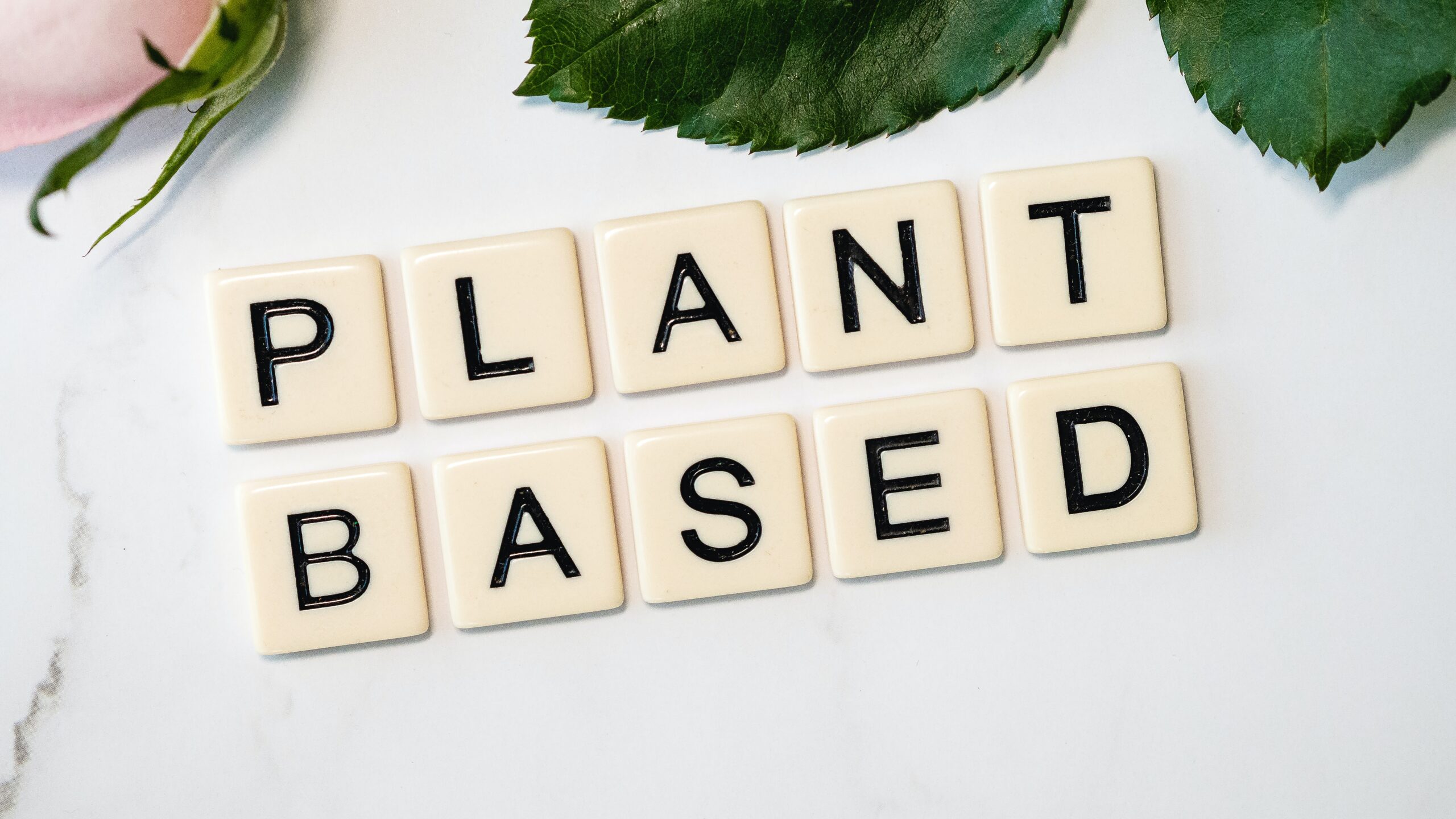
If you’ve been following our Sustainability 101 series on this blog, you might have wondered about accessible ways that you can start forging habits that are better for the environment. Aside from learning and following your area’s recycling guidelines and cutting fast fashion from your monthly expenses, you probably already know that you can also change your diet for environmental reasons too. Vegans and vegetarians are two groups who fall under this category. of the differences between them and why these people decide to make such huge lifestyle changes in the first place.
What is a vegan? A vegetarian? How are they different?
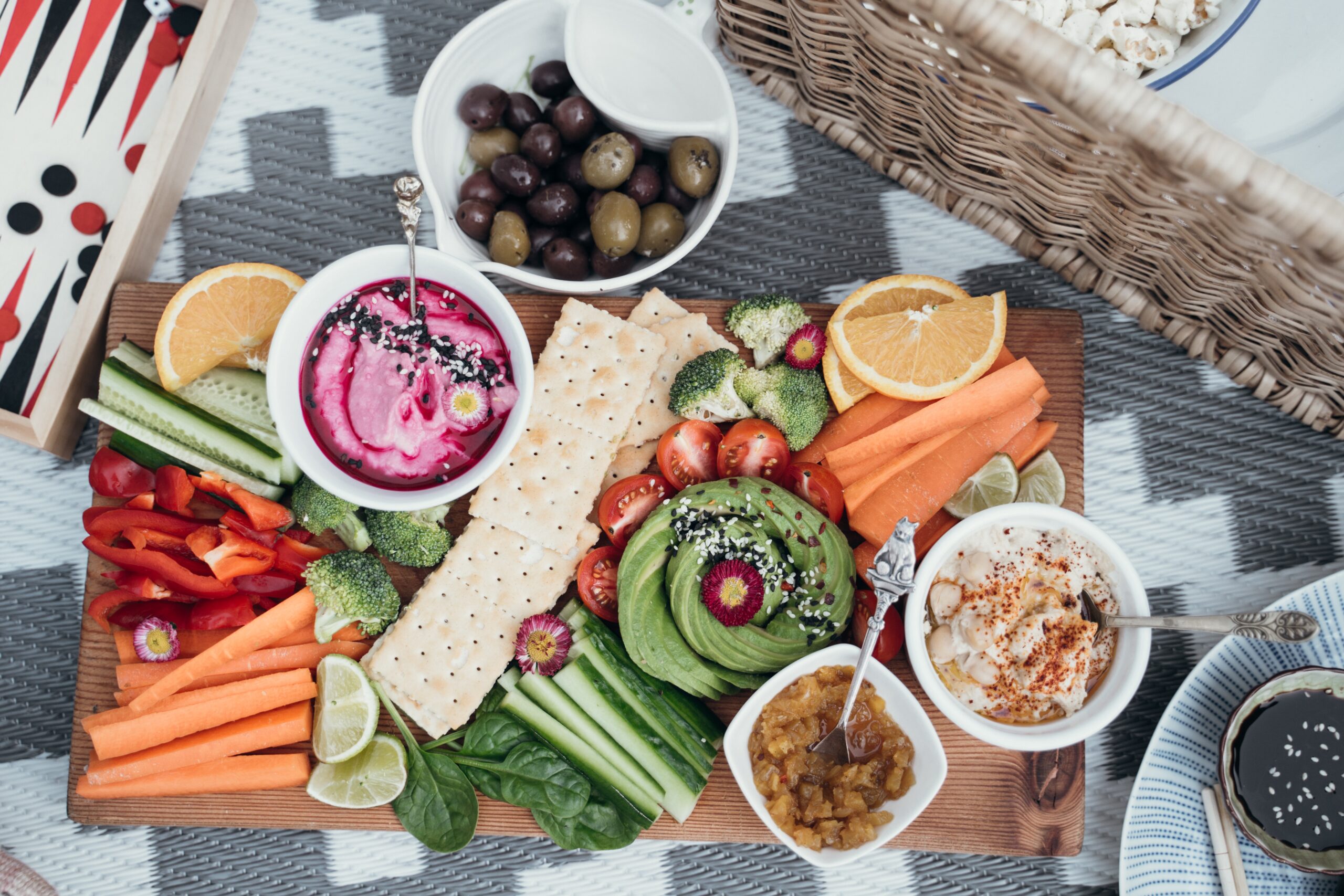
Veganism refers to a lifestyle that practices abstinence from animal products, most prominently in their food. Although the term “vegan” originally came to describe people who only ate plant-based food, it now encompasses lifestyle choices which avoid animal products altogether. s do. So a vegetarian might not eat meat or fish, but they could still eat cheese or wear a down jacket .
Why do people decide to stop eating meat?
Historically, vegetarianism started as a religious practice. The earliest records of abstinence from eating meat date back to Ancient India, with some proof of it being practiced among Ancient Greek philosophers as well. They believe killing animals for any purpose is immoral. Some people decide to avoid meat for health-related reasons, since high consumption of red meat can contribute to risk of contracting a heart disease.
Vegans and Vegetarians for the environment
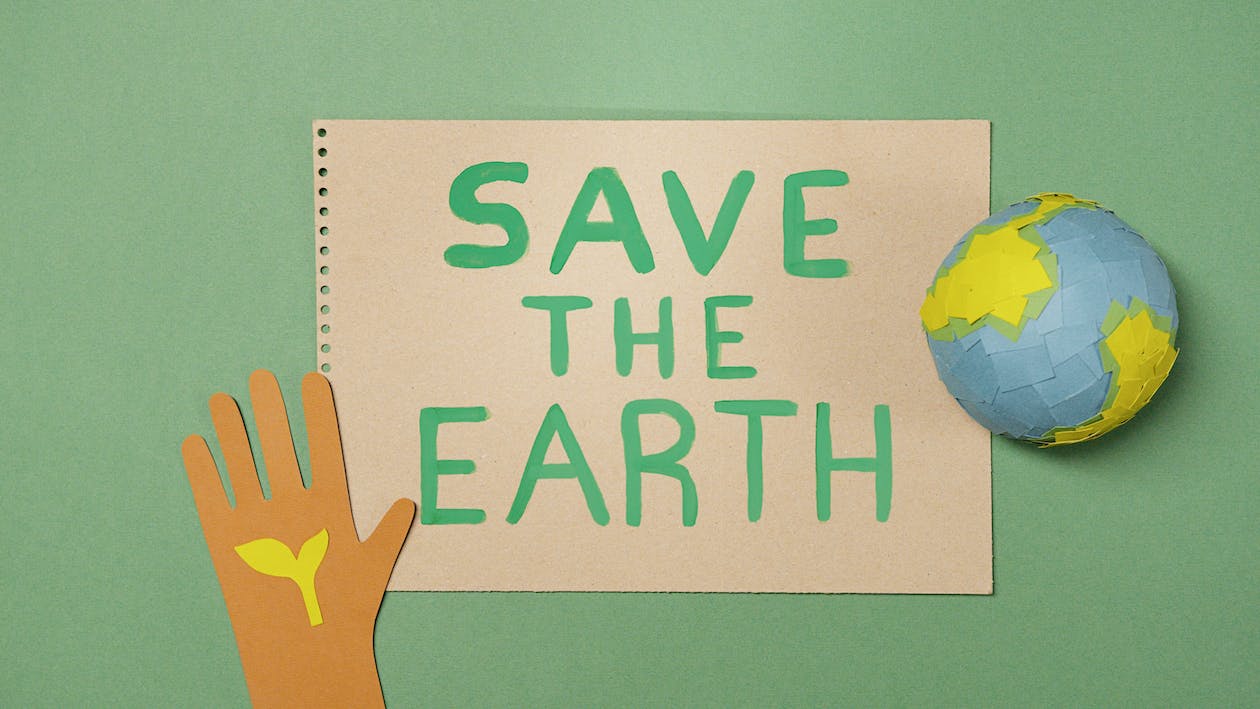
Sustainability is also a big draw point for many newly realized vegans and vegetarians. This is because food production, specifically animal-based foods, are associated with the highest percentages of greenhouse gas emissions. In fact, Agriculture, Forestry, and Land Use accounted for 18.4% of global greenhouse gas emissions in 2016This is because the cost of raising cattle for meat and dairy requires clearing forests for more grazing land and clearing mangrove trees (which act as carbon sinks) to farm shrimp. For many vegans and vegetarians, their choice to abstain from consuming meat is a necessary effort to dampen the growth of such environmentally destructive industries.
Things to consider before becoming Vegan or Vegetarian
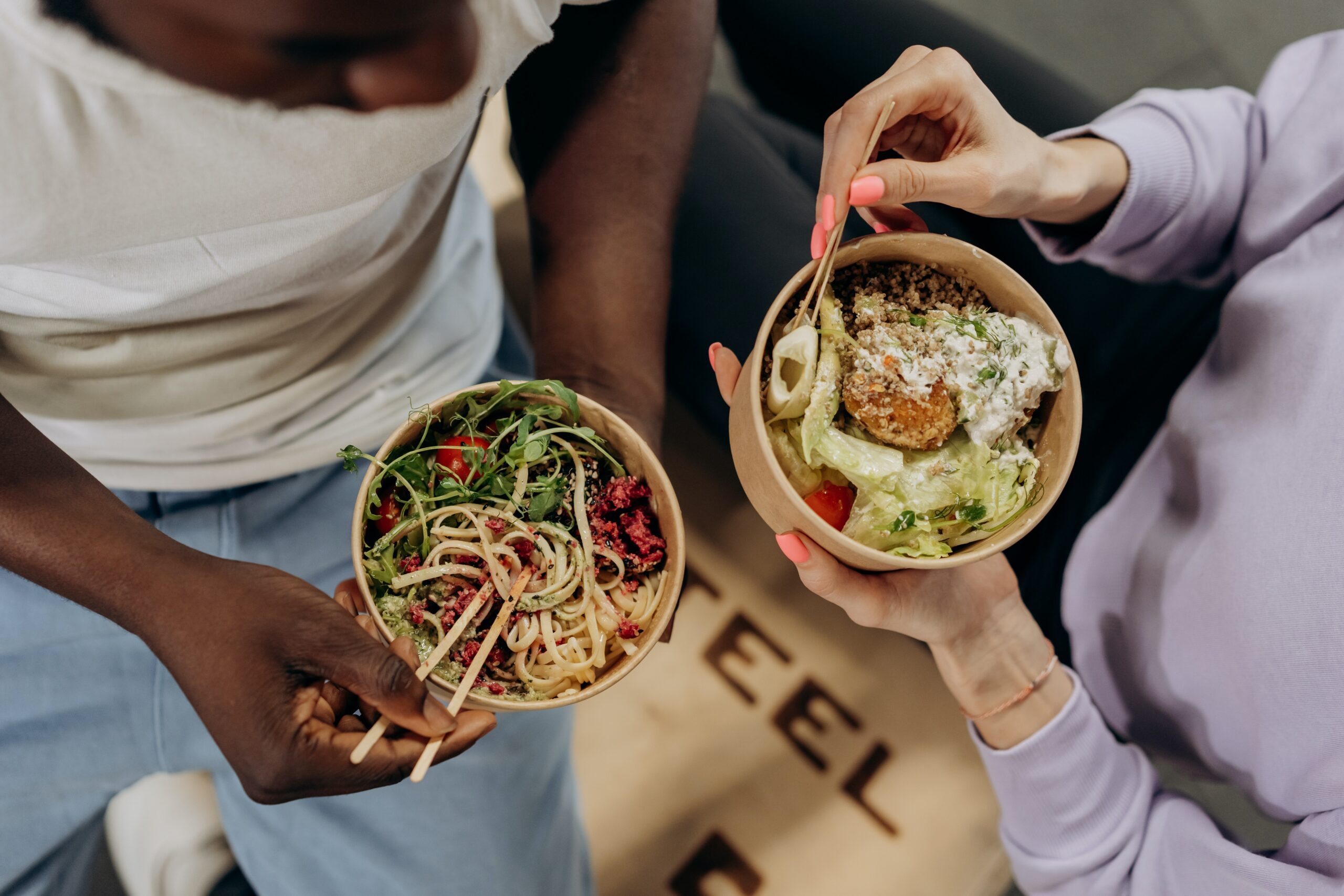
If you are considering taking the leap and stop consuming meat for good, it is important to take a few things into consideration.The first is to assess your own habits as they are, and see which aspects of your current lifestyle might need the biggest change.This is important so as not to overwhelm yourself with the sudden adjustments. Does your local grocery store sell a wide enough variety of good quality plant-based alternatives? Deciding to be vegetarian or veganshould be a challenging, but overall enjoyable experience. Lastly, consider how quickly or slowly you want to make changes in your diet and lifestyle and do your own research. You might have some health concerns or other worries in mind, and it is important to address them before you make such a big change.
What if I want to be more sustainable but can’t sacrifice meat?
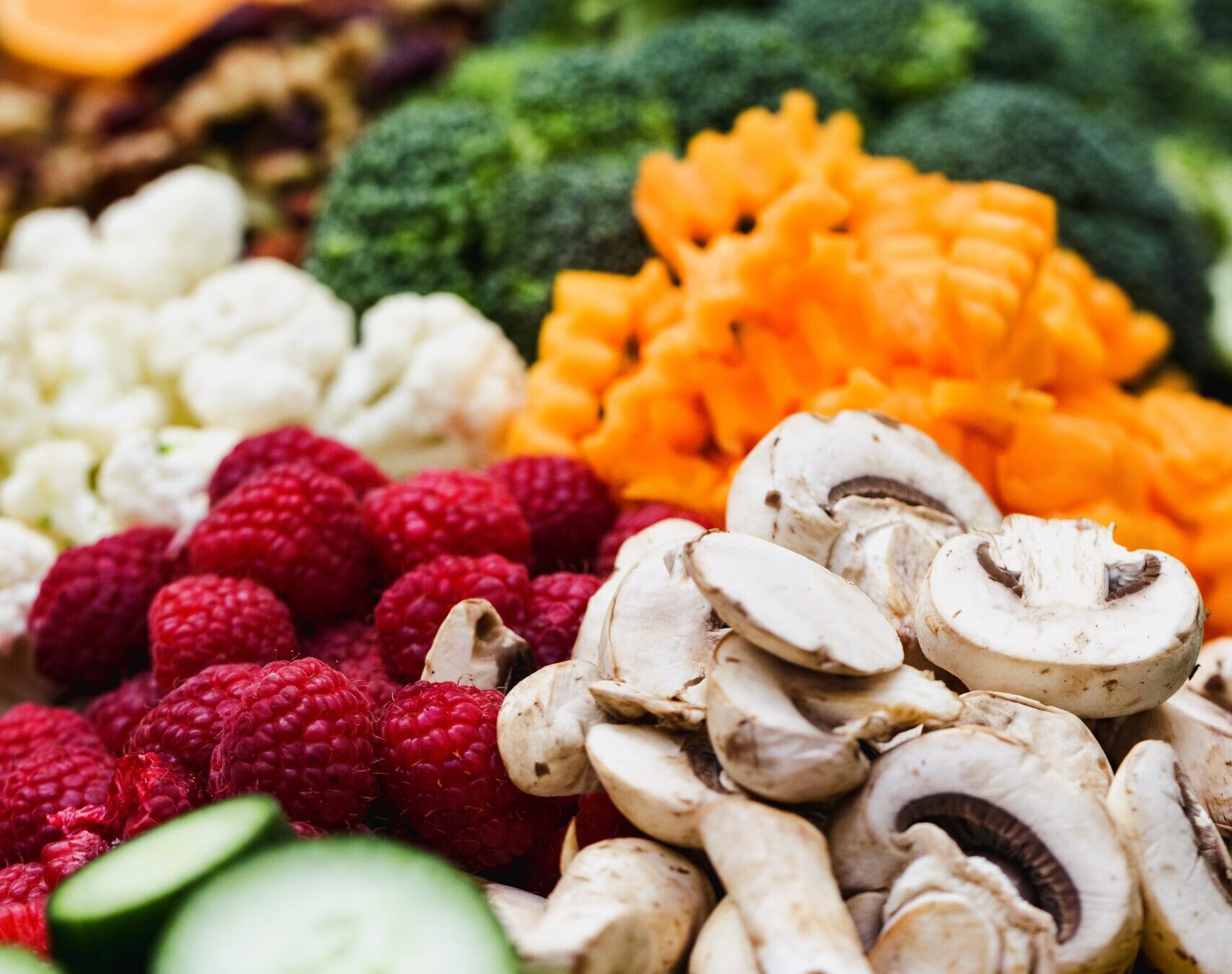
Given all the reasons listed above, some people might feel guilty that they’re not doing enough to prevent animal cruelty and contribute to sustainable lifestyle practices. However, it is worth noting that choosing to become vegan or vegetarian is a very personal choice and is definitely a difficult one to make. You can look into sustainably produced animal products to reduce your carbon footprint.there are alternative dietary philosophies that do not require strict abstinence from meat and animal products.One example is “flexitarianism,” which essentially means “flexible vegetarian.” This practice involves focusing your diet around fruits, veggies, and other plant-based foods while still occasionally enjoying meat. You can try to implement this by simply cutting down your animal product consumption bit by bit until it is no longer the largest portion of your diet. foods while still occasionally enjoying meat. You can try to implement this by simply cutting down your animal product consumption bit by bit until it is no longer the largest portion of your diet.There are many more alternatives that you can find through research, and consulting your healthcare professional might also be a step towards the right direction.”This practice involves focusing your diet around fruits, veggies, and other plant-based foods while still occasionally enjoying meat. You can try to implement this by simply cutting down your animal product consumption bit by bit until it is no longer the largest portion of your diet. towards the right direction.and consulting your healthcare professional might also be a step towards the right direction.and consulting your healthcare professional might also be a step towards the right direction.”This practice involves focusing your diet around fruits, veggies, and other plant-based foods while still occasionally enjoying meat. You can try to implement this by simply cutting down your animal product consumption bit by bit until it is no longer the largest portion of your diet. a step towards the right direction.and consulting your healthcare professional might also be a step towards the right direction.”This practice involves focusing your diet around fruits, veggies, and other plant-based foods while still occasionally enjoying meat. You can try to implement this by simply cutting down your animal product consumption bit by bit until it is no longer the largest portion of your diet. a step towards the right direction.and other plant-based foods while still occasionally enjoying meat. You can try to implement this by simply cutting down your animal product consumption bit by bit until it is no longer the largest portion of your diet.and other plant-based foods while still occasionally enjoying meat. You can try to implement this by simply cutting down your animal product consumption bit by bit until it is no longer the largest portion of your diet.and consulting your healthcare professional might also be a step towards the right direction.and consulting your healthcare professional might also be a step towards the right direction.
Conclusion
Swearing off of meat and becoming vegetarian, or ruling our animal products altogether for veganism can be a tough, but rewarding decision to make. With all the considerations listed above would you try to be vegan or vegetarian? Or maybe try an alternative diet like flexitarianism ? Tune in next week for a continuation of this article which will focus on the perspectives of people who have decided to change their diets for sustainability. , and our official Facebook and Instagram pages !





